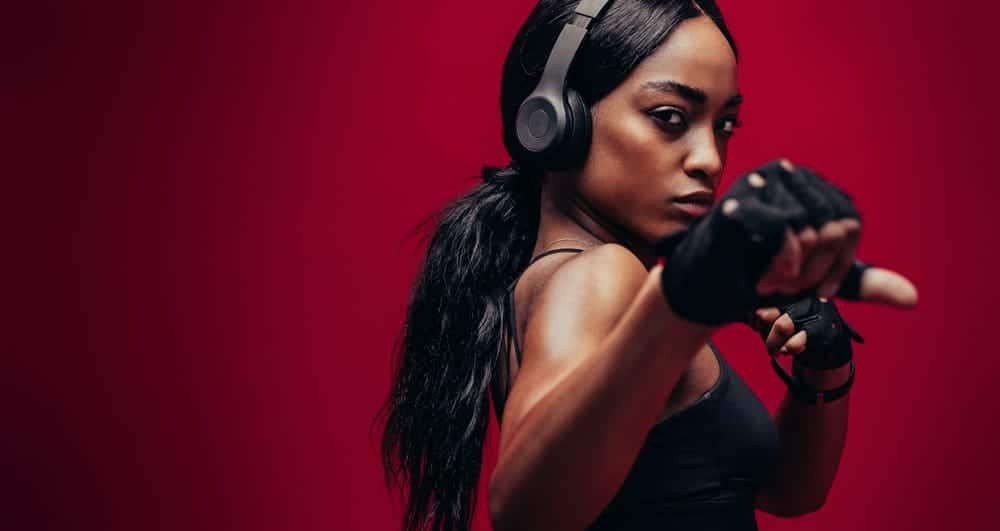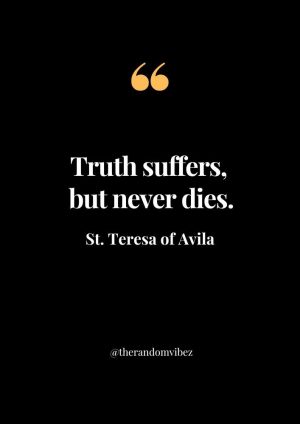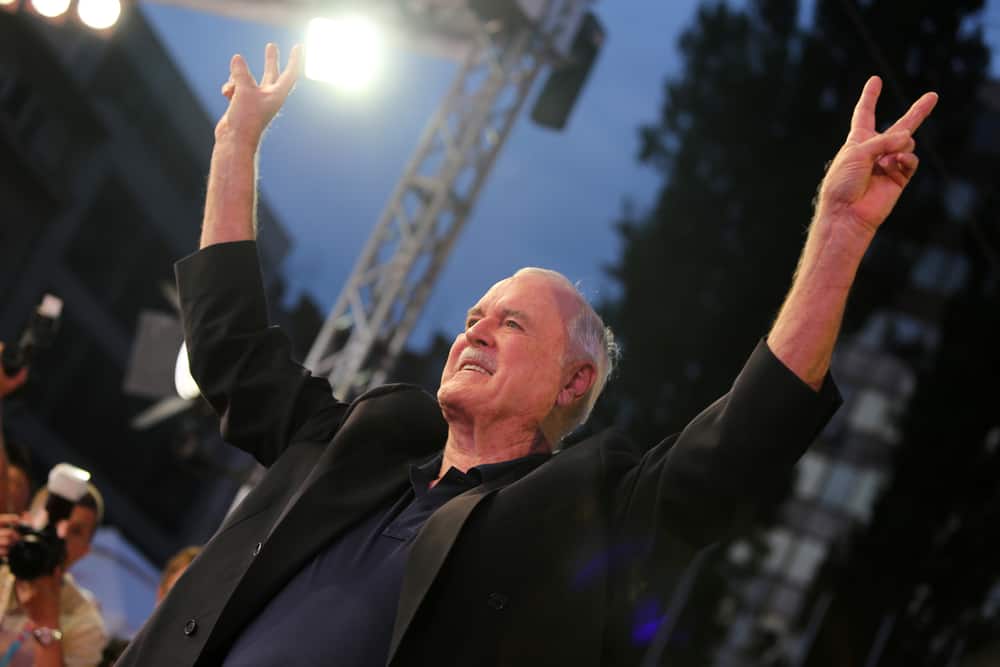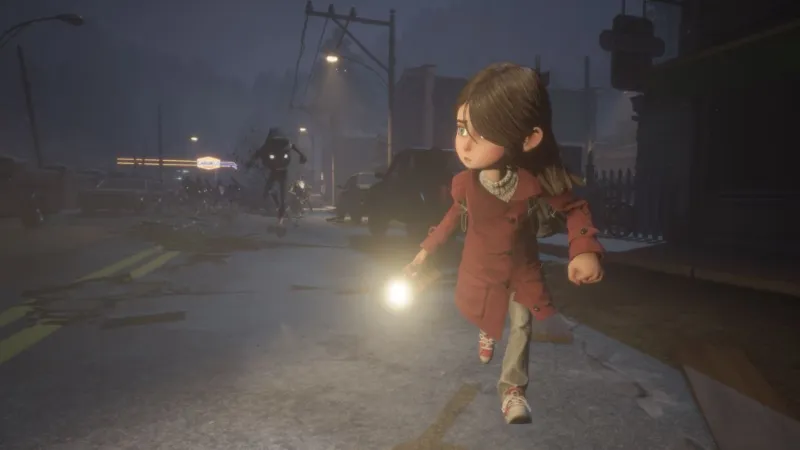#How to Educate Our Children (and Ourselves) on White Privilege
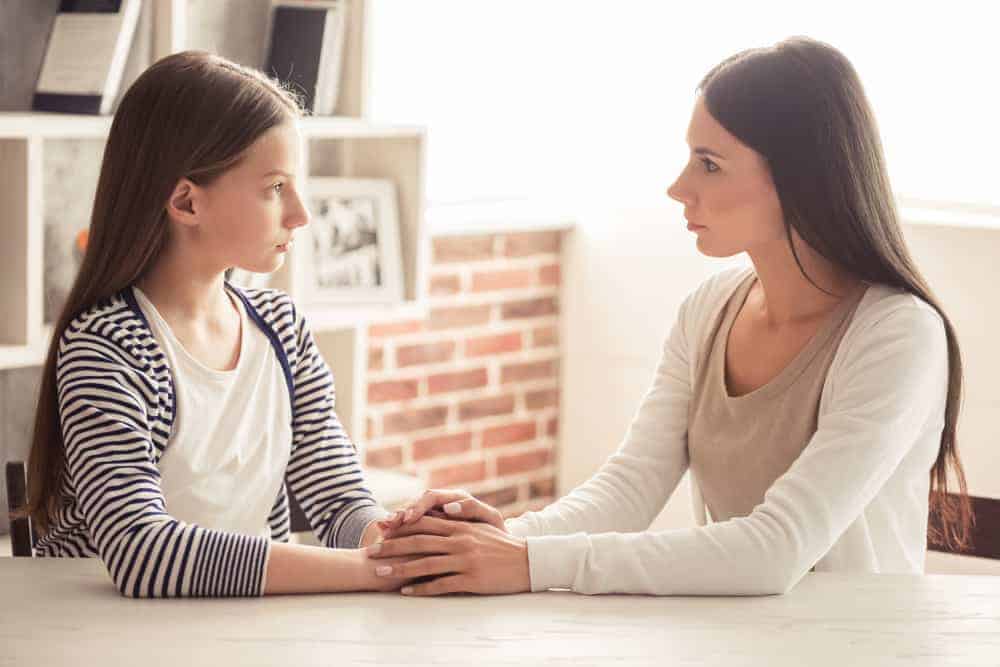
How to Educate Our Children (and Ourselves) on White Privilege
How do you explain white privilege to your white children?
First, you must understand what white privilege is.
Then you have to talk to your children.
Finally, you need to listen to them.
I was thinking about how I wanted to write this, and the result was a bunch of stories about my walk with white privilege.
A “privilege and me” sort of piece.
I realized that is because I teach my children through stories.
Whether it was reading Aesop’s fables when they were little or telling them about “This time when…”
As a parent, you know that parenting is like navigating a minefield of stressful situations and conversations.
Times like when your second grader calls you at work to talk about his penis.
Conversations with your toddler daughter about feminism when you are sitting in the McDonald’s play area, and you hear her yelling from the tower, “Boys, boys, help me, boys!”
No child, you will help yourself.
Then there was the sex talk; delicate, difficult, and icky, but you still do it; otherwise, your child muddles through it all on their own, with misinformation from others as a guide.
The results of that are disastrous… the same thing can happen with race and privilege.
But just like all the other parenting challenges, your own experiences will help guide what you say.
What white privilege is not
I researched a few different explanations of how to describe privilege before tackling it with my children, ages 16 and 11.
Ultimately, I decided it was best to start with what white privilege is not.
- White privilege does not mean that if you are white, you have not struggled.
- White privilege does not imply that you live in an ivory tower, sleeping on eggshell-colored 5000 thread count sheets, dreaming of cotton-colored sheep while you bask in your whiteness.
- No one wants to deny that you had to work hard to achieve everything that you did or have set out to diminish your hardships (Especially not this white girl; a childhood trauma survivor who graduated college at 17 and earned her Bachelor’s while raising two children, or got a Master’s while working full time with said two children who are a little older now. It was hard, but my skin color wasn’t an added challenge)
Now that we got that all out of the way, we can talk about white privilege.
Why is it a privilege that my skin is white
Examining your white privilege is the first step to having a healthy conversation about this.
I grew up in Spring Hill, FL. It is a community of old retirees from NY and NJ, many of whom knew each other in the city and moved there in the late 70s to build houses next door to each other.
It was small and quaint and wealthy.
People retired with pensions from the state, sold investments in NY, and bought cheap houses in the tropical state.
The town of Brooksville, FL, where the county seat of Hernando sat, was next door.
Brooksville was the opposite. Unlike Spring Hill, this town had a history.
Established in the 1840s, it was a plantation city dependent on the slave trade.
The city itself got its name from Preston Brooks, a man who, in 1856, used his cane to beat an abolitionist senator in Congress (n.d., Amrhein).
The courthouse offers a lovely view of the hanging tree.
My mother was “an inexperienced mother who struggled with addiction and couldn’t take care of her children because she made poor choices.”
When she got in trouble with the law, her mother got her the best lawyers.
I lived with my grandparents in the house they had built just a few years before.
I wore beautiful clothing with matching bows, ate home-cooked meals, and the expectation was that I would go to college and be better.
Because my skin was white.
If my skin had been black, my mother would have been “the crack whore who strips and served double prison time.”
I would have been one of many children in an overcrowded foster care system.
My education would not have been the primary focus of my school days.
My mother had far too many chances to clean up her act because her family had money and clout.
That is a privilege.
I am painfully aware of what it is and how it looks, and I explain it to my children as honestly as possible.
Tips for talking about race with your children
- Start the conversation early
- Use books to help
- Model antiracist behavior
We moved to Wyoming when my son was almost three.
During the first year we lived there, all he had seen were white people in our tiny town.
One day, we were waiting in line one day at a truck stop restaurant behind a black man.
I am holding my rambunctious toddler when he suddenly stops wiggling and asks loudly, “Why are you so black?”
I was speechless for a second.
Then the man says, “Why you so white?” in a thick southern accent before bursting into laughter.
I apologized and told my son that some people are just darker than others, and it is a beautiful thing that everyone is so different.
Listen to your children
My oldest was adamant that we watch “The Hate U Give.”
If you haven’t seen this movie, then you should.
The conversation about race and white privilege will come up organically.
I watched this movie, appalled and in tears.
We discussed it as a family when it was over, and my oldest said the police officer was wrong.
I did not disagree, but before I realized what was happening, I said something about how difficult it must be to be a police officer.
You never know what could happen and must react to situations or die.
The white privilege can be hard to see sometimes.
My teenager became so indignant, and her little, teenage, social warrior self stood just a little taller.
She loudly proclaimed that privilege blinded me and I was wrong.
What white privilege has looked like to me
I hadn’t had time to react when she followed that up with, “If that had been you who grabbed for something, he would have yelled at you and told you to PUT YOUR HANDS UP!”
I took a moment and thought about all the times a cop has pulled me over (I feel like this happens more than it should, but I have only ever gotten one ticket…)
Without fail, I always dig in my purse, looking for my license, or reach in the glove box, rooting around like a hog on a truffle hunt.
Papers fly everywhere; I get frustrated and annoyed that these things are not where they should be.
I tell them I have it on my phone and then wonder where that went off, too… maybe it fell under my seat?
Now, it is a contortionist show while I try to wedge my arm between the seat and the console, convinced it is down there.
Or there was when I was 19 and argued with a police officer for 20 minutes about the speed limit.
He got flustered with me when he realized I was right, and I would not quietly admit to speeding (this was not a “yes, sir” moment).
He then tried to tell me they had changed the speed limit, and I looked him square in the eyes and said, “Well, they didn’t change the sign, and I do not read minds.”
Yet… not one of them has ever even released their gun from the holster strap.
They patiently stare at me, trying not to laugh when I get annoyed at my mess.
Or they laugh and tell me to slow down.
The little old man cop I yelled at was so tired of arguing that he sighed, threw up his hands, and told me to watch for deer while he walked back to his car, muttering.
Then I thought about the video where the old white lady screams at the cop for like five minutes, then she gets out of the car and gets right up in his face. He keeps telling her to stop it and get in her car.
THEN SHE KICKS HIM.
Then he tries to cuff her, and she keeps resisting arrest until he finally zaps her with his taser gun.
But she didn’t get shot.
My children teach me things all the time
My child was right. I stared at her, wondering where my baby girl had gone.
Just days before this, she had been at a BLM protest without me because I was working.
Like many other moments during this parenting journey, I realized she had been watching.
She watched when my husband and I talked about how everyone should be equal, but sadly they are not in this society.
While I ranted about crazy bakers refusing to make a wedding cake for a gay couple, she was listening.
She had heard the story of when I was in middle school, and a girl picked on my Indian friend because her name sounded different and her skin was dark.
I stuck up for my friend, resulting in me getting brownie smeared on my face by a bully. Then, I turned a brownie upside down on the bully’s perfectly blonde head.
We teach our kids through our actions and our words.
Likely, they know more about white privilege than you think they do.
Maybe even enough to show you something.
Do as you have always done with privilege and communicate with your kids.
If you want to read more like this article, you can visit our Inspirational category.
